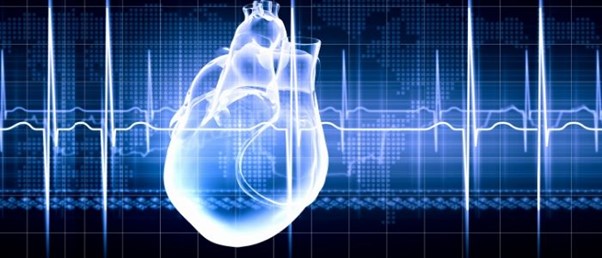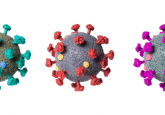Getting to the heart of COVID-19 mRNA vaccines

For a very small portion of people, a rare form of heart inflammation called carditis can occur after COVID-19 vaccination. But what’s the risk?
Research behind the association of carditis with BNT162b2 (also known as Pfizer/BioNTech vaccine) remains scant. Investigators from the University of Hong Kong (China), have conducted a case-control study to examine the association of BNT162b2 and CoronaVac, two different COVID-19 vaccines, with carditis.
The researchers analyzed 160 patients with carditis and 1533 without, linking health care records to vaccination records. BNT162b2, an mRNA vaccine, was found to be associated with 20 cases of carditis, and CoronaVac, an inactivated virus vaccine, was found to be associated with seven carditis cases. Carditis is often caused by an infection from viruses, bacteria or parasites, and the resulting inflammation can permanently damage the heart muscle.
 Epstein-Barr virus associated with causing multiple sclerosis
Epstein-Barr virus associated with causing multiple sclerosis
Analysis of data collected from over 10 million young adults has uncovered evidence that supports the long-held hypothesis that Epstein-Barr virus infections cause multiple sclerosis.
Notably, patients who were vaccinated with BNT162b2 were found to be three times more likely to have carditis than unvaccinated participants, however no elevated risk was found for CoronaVac. The increased risk was seen predominantly among males and was more likely to be seen in adolescents, and after the second dose of BNT162b2, rather than the first.
Importantly, none of the BNT162b2 vaccinated patients were admitted to the ICU or died within the observation period, compared to 14 ICU patients and 12 deaths among the 133 unvaccinated patients. In addition, the authors note that the incidence of carditis after vaccination is very low, and most cases have a good prognosis.
Although most people are likely to be unaffected, the authors highlight that the risks and benefits of BNT162b2 vaccination should be considered, especially in young males. Moreover, those who receive a dose of the vaccine should be monitored for signs of carditis.
The study has a few limitations, such as the limited sample size, and the absence of electrocardiography data. Nonetheless, these results have important implications for vaccination strategies, and suggest that further research behind this risk is warranted.





